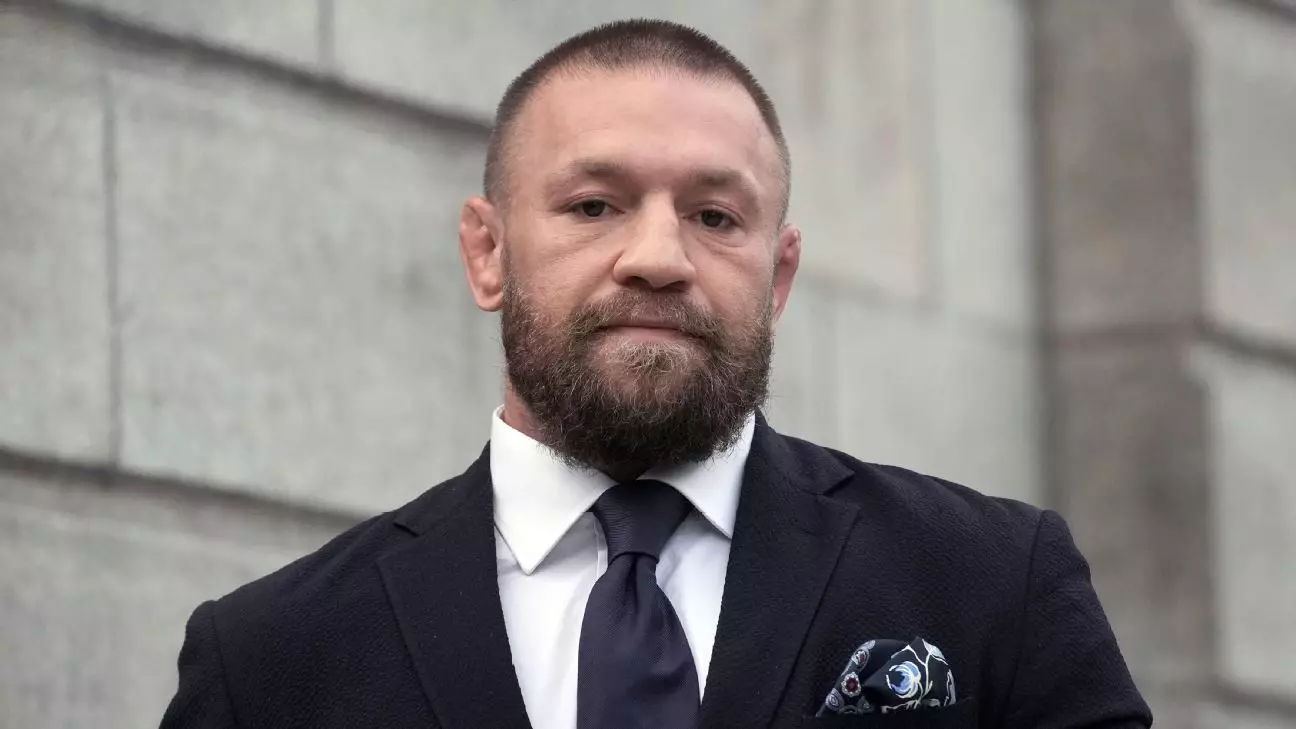Conor McGregor, once hailed solely for his athletic prowess and charismatic persona in the octagon, now faces a stark reality that challenges his image as an untouchable figure. His failed appeal in the civil sexual assault case underscores a troubling truth about celebrity privilege—that fame can often shield individuals from accountability, but only temporarily. The legal verdict, which found McGregor liable and ordered significant compensation, exposes the veneer of invincibility that public figures often cling to. It also highlights society’s increasing willingness to scrutinize and scrutinize again those with platform and influence. McGregor’s case illustrates how celebrity status does not guarantee immunity from the law, especially in sensitive cases involving assault allegations. His failed appeal serves as a reminder that justice, though sometimes slow, remains vigilant and resolute.
Legal Battles as a Reflection of Power Dynamics
The courtroom drama reveals much about societal perceptions of power and accountability. McGregor’s attempt to overturn the ruling involved contentious arguments, including a witness testimony that was ultimately withdrawn. His legal team’s strategies, such as introducing new witness accounts and then retreating from those claims, reflect a broader pattern: high-profile individuals often attempt to manipulate proceedings or introduce uncertainties to sway public opinion or legal outcomes. Yet, the Irish High Court’s dismissal indicates a refusal to be swayed by spectacle or celebrity influence. It underscores that legal systems are increasingly equipped to handle such cases without bias, regardless of the defendant’s fame. The case’s progression signals a shift toward prioritizing victim rights and legal integrity over celebrity sympathy.
The Personal and Public Dimensions of McGregor’s Allegations
While McGregor’s personal life remains complex—balancing fatherhood, career ambitions, and legal challenges—the allegations cast a shadow over his legacy. His admission of intimate relations with the woman contradicts her account of coercion and violence, but not enough to alter the court’s decision. This dichotomy raises questions about the nature of consent versus control, and how public figures navigate accusations without criminal prosecution but facing civil liability. McGregor’s desire to return to the UFC and his ambitions for future appearances demonstrate resilience, yet the shadow of this legal defeat may linger. It reveals a broader societal dilemma: how celebrity narratives are constructed and deconstructed amid allegations, public opinion, and judicial decisions.
The Broader Implications for Society and Justice
McGregor’s case exemplifies a broader societal truth: fame amplifies attention, but it does not grant impunity. The legal proceedings send a message that no one is above the law, regardless of their star power. For fans and critics alike, this situation serves as a reminder to scrutinize individuals not through the lens of their achievements but rooted in justice and accountability. It also raises awareness about the importance of protecting victims and upholding legal standards, especially when public figures are involved. As society continues to grapple with issues of consent, power, and accountability, high-profile cases like McGregor’s offer a potent lens through which to examine our collective commitment to fairness and justice.
In essence, McGregor’s legal setback is a stark reminder that celebrity does not exempt anyone from the pursuit of truth and justice. It reveals both the vulnerabilities of fame and society’s progress towards accountability, illustrating that justice is ultimately rooted in fairness—not fame.

